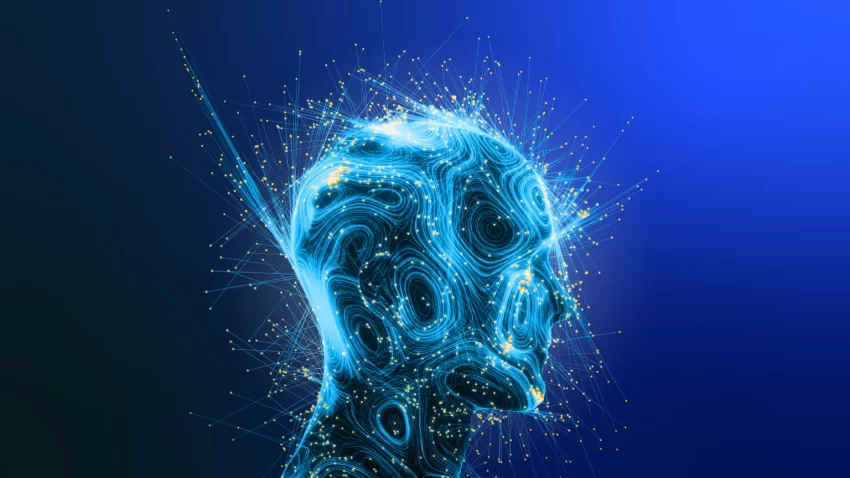As artificial intelligence (AI) continues to advance at a breakneck pace, its influence is being felt across various sectors, from healthcare to finance to entertainment. This transformative technology is not just reshaping industries; it’s also changing the way we live and work. In this article, we’ll explore how AI is making waves in different domains and what it means for the future.
1. AI in Healthcare
One of the most promising applications of AI is in the healthcare sector. AI algorithms are now being used to analyze medical images, assist in diagnoses, and even predict patient outcomes. For instance, tools powered by AI can detect early signs of diseases such as cancer with impressive accuracy, enabling timely interventions.
Moreover, AI chatbots are enhancing patient interactions by providing 24/7 support, answering common health queries, and even scheduling appointments. This technology not only improves patient experience but also alleviates the burden on healthcare professionals.
2. AI in Finance
The financial industry has also embraced AI to streamline operations and improve customer experiences. AI-driven algorithms analyze vast datasets to identify market trends, automate trading, and assess credit risks more accurately. Robo-advisors, powered by AI, offer personalized investment advice based on individual financial goals and risk tolerance.
Additionally, AI is playing a crucial role in fraud detection. Machine learning models can analyze transaction patterns in real time, flagging suspicious activities before they escalate into significant issues.
3. AI in Retail
Retailers are leveraging AI to enhance customer engagement and optimize inventory management. Personalized recommendations, powered by machine learning algorithms, help businesses suggest products tailored to individual consumer preferences. This not only boosts sales but also improves customer satisfaction.
Furthermore, AI is being used to analyze shopping patterns and forecast demand, enabling retailers to manage inventory more effectively. This minimizes waste and ensures that popular items are always in stock.
4. AI in Transportation
The transportation sector is undergoing a significant transformation thanks to AI. Autonomous vehicles, which rely heavily on AI technologies, are being developed by major companies like Tesla, Waymo, and others. These vehicles use AI algorithms to interpret sensor data, make real-time decisions, and navigate safely.
Additionally, AI is optimizing logistics and supply chain management by predicting delivery times, enhancing route planning, and minimizing fuel consumption, leading to more efficient operations.
5. AI in Entertainment
In the entertainment industry, AI is reshaping content creation and consumption. Streaming services like Netflix and Spotify use AI algorithms to analyze user preferences and viewing patterns, offering personalized content recommendations.
Moreover, AI is being used to create more immersive gaming experiences. Game developers are employing AI to design responsive and intelligent non-player characters (NPCs) that adapt to player behavior, making gameplay more engaging.
Conclusion
The rise of AI is undeniably transforming industries and everyday life in profound ways. While the benefits are significant, they also come with challenges, such as ethical considerations, data privacy concerns, and the need for regulatory frameworks.
As we continue to explore the potential of AI, it’s essential for businesses, policymakers, and individuals to engage in thoughtful discussions about its implications. Embracing AI thoughtfully can lead to innovations that enhance our lives and drive economic growth. The future is here, and it’s powered by artificial intelligence.
